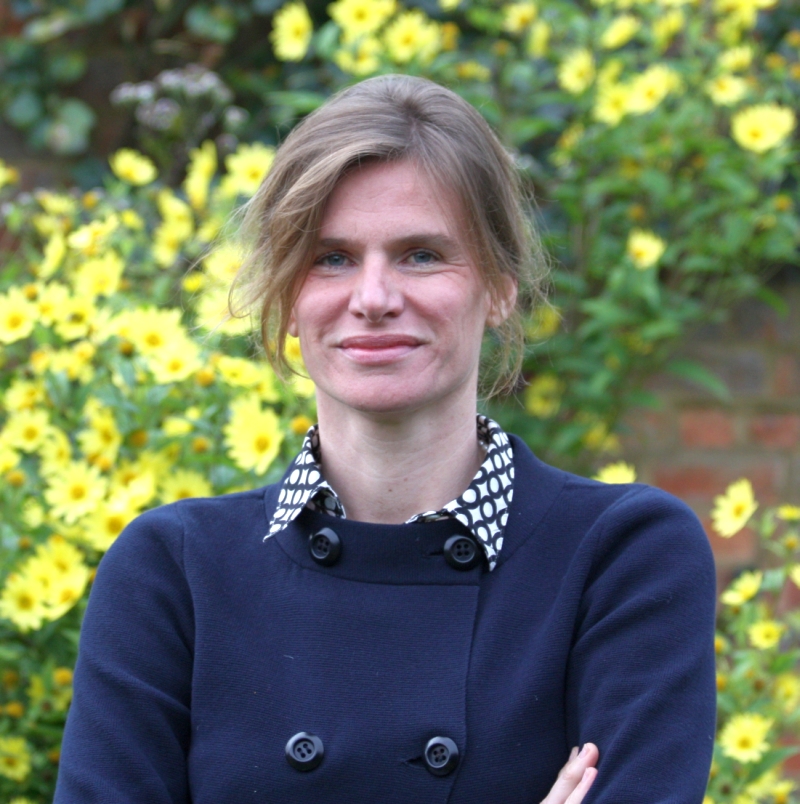

By Alex Taffetani. Own work, CC BY 3.0.
Economists sometimes speak negatively and critically about today's patent systems, seeing how far patent scope has come and how much litigation this incurs. Only those with very deep pockets can endure and pursue real justice. The USPTO has been compelled to stop that, partly owing to 35 U.S.C. €§ 101. The European Patent Office (EPO), on the other hand, persists like there's no tomorrow and the sky is the limit when it comes to patent grants. António Campinos and Battistelli measure nothing but "products"; "quality" has come to mean speed (or pendency).
"This is often being done in Europe by companies that aren't even European!"Patents have moreover become an "asset" for legal departments and law firms, not scientists. Just check who's best served by them, especially in Europe.
In a new article/interview an economist called Mariana Mazzucato spoke of loopholes for tax evasion -- basically tricks that have made it "legal" for large companies with patent monopolies to not pay tax on large transactions. This is often being done in Europe by companies that aren't even European! To quote some bits: [via]
But a narrative of innovation that omitted the role of the state was exactly what corporations had been deploying as they lobbied for lax regulation and low taxation. According to a study by Mazzucato and economist Bill Lazonick, between 2003 and 2013 publicly listed companies in the S&P 500 index used more than half of their earnings to buy back their shares to boost stock prices, rather than reinvesting it back into further research and development. Pharmaceutical company Pfizer, for example, spent $139bn (€£112bn) on share buybacks. Apple, which had never engaged in this type of financial engineering under Jobs, started doing so in 2012. By 2018, it had spent nearly one trillion dollars on share buybacks. “Those profits could be used to fund research and training for workers,” Mazzucato says. “Instead they are often used on share buybacks and golfing.”
That posed an urgent, more fundamental problem. If it was the state, not the private sector, which had traditionally assumed the risks of uncertain technological enterprises that led to the development of aviation, nuclear energy, computers, nanotechnology, biotechnology and the internet, how were we going to find the next wave of technologies to tackle urgent challenges such as catastrophic climate change, the epidemic of antibiotic resistance, the rise of dementia? “History tells us that innovation is an outcome of a massive collective effort – not just from a narrow group of young white men in California,” Mazzucato says. “And if we want to solve the world’s biggest problems, we better understand that.”
[...]
Soon, she became a regular visitor at Whitehall, advising both Cable and Willetts on policies such as the Small Business Research Initiative, which funded small and medium enterprises, and the patent box, which reduced the rate of corporate tax on income derived from patents (which she calls “the stupidest policy ever”).
Mazzucato knew that to influence politicians she would need to do more than just criticise. “The reason progressives often lose the argument is that they focus too much on wealth redistribution and not enough on wealth creation,” she says. “We need a progressive narrative that's not only about spending, but investing in smarter ways.”
The updated version of the EPO Guidelines for Examination is now available (here). The new guidelines come into force on 1 November 2019. The guidelines, as the name suggests, are a guide to the current case law and practise of the EPO and are not legally binding (see IPKat herefor a full discussion of legal precedent at the EPO and the role of the guidelines). The 2019 update to the guidelines incorporates some of the significant developments in the established case law of the Boards of Appeal. One key change to the guidelines this year is an update to the assessment of novelty of selection inventions. Other updates include clarification of the definition of “substance or composition” and a new section on the criteria of reasonable expectation in an assessment of obviousness for biotechnology inventions.
[...]
The patentability of software is another hot topic at the moment, and subject to its own referral to the EBA (IPKat: The patentability of computer simulated methods - another referral to the Enlarged Board of Appeal). The 2019 guidelines include some updates to the section relating the patentability of artificial intelligence and machine learning. In particular, the guidelines now clarify that “[t]erms such as ‘support vector machine’, ‘reasoning engine’ or ‘neural network’ may, depending on the context, merely refer to abstract models or algorithms and thus do not, on their own, necessarily imply the use of a technical means. This has to be taken into account when examining whether the claimed subject-matter has a technical character as a whole (Art. 52(1), (2) and (3))”.